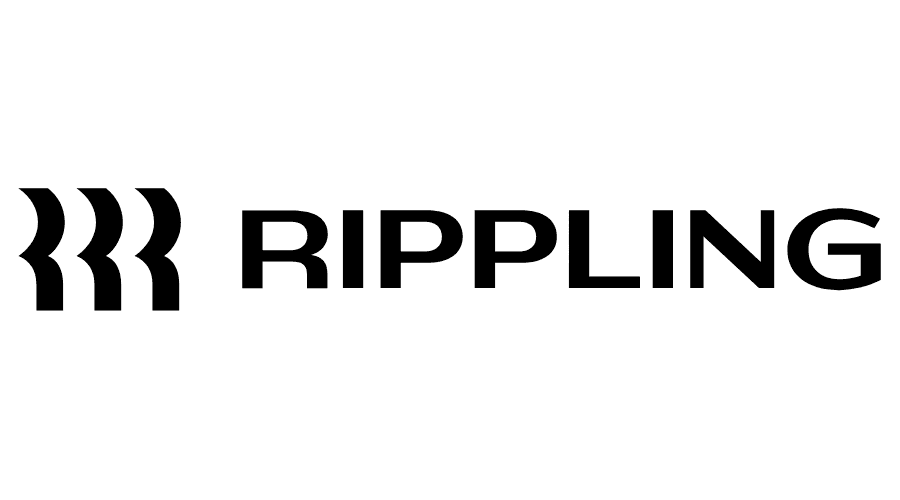We may earn an affiliate commission from partner links on the Entrepreneur Guide. These do not affect our editors’ opinions.
Are you looking for the best talent management software for 2023? Streamline your HR processes and optimize talent management with powerful features and seamless integration.
Related: The ‘Whys’ of Why You Should Consider HR Software for Your Small Business | Entrepreneur
Read on to explore the top options and make an informed decision for your organization’s success.
What is talent management software?
Talent management software (TMS) is a technology solution designed to streamline and automate various processes for managing and developing an organization’s workforce.
Related: Talent Management – Articles & Biography | Entrepreneur
The software helps Human Resource professionals and managers attract, retain, and develop talented individuals, improving end-to-end workforce management, productivity, and organizational performance.
Typically, talent management software encompasses recruitment, onboarding, learning and development, employee engagement, performance management, and succession planning.
Recruitment and onboarding
Talent management software provides a comprehensive platform to manage the recruitment process, including job posting and advertising, applicant tracking systems, resume parsing, candidate screening and competencies evaluation, interview scheduling, and communication with candidates.
The software helps HR teams centralize and organize candidate data, collaborate with hiring managers, and streamline the hiring process, improving efficiency and reducing time-to-hire.
Onboarding refers to integrating and orienting new hires into an organization after an employee has found the role on a job board, applied, and been hired. Talent management software facilitates a structured onboarding experience for the staffing team and new hires.
It typically offers tools for creating onboarding checklists, delivering personalized onboarding content, and automating administrative tasks.
Overall, the software should ensure a smooth transition for new hires.
Training and development
Talent management platforms enhance training and employee development efforts by offering a range of features. It enables organizations to create and deliver personalized training content, including e-learning modules, videos, and assessments with premade templates.
The HR software helps track employees’ progress and performance, allowing HR managers to monitor learning outcomes and identify areas for improvement. It also facilitates ongoing opportunities through learning management features like knowledge sharing, virtual classrooms, and access to external training resources.
Good talent management software should promote a culture of continuous learning and career development, enabling hires to acquire new skills and knowledge to enhance their performance and career growth.
Compensation management
Talent management systems can also handle compensation management by enabling the design of comprehensive compensation plans, automating administrative tasks, aligning compensation with performance, generating total compensation statements, and providing compliance and analytics support.
Performance management
Performance management is a critical component of talent management software by optimizing processes, providing tools for setting employee performance goals, conducting regular assessments, and capturing feedback through performance reviews.
It enables ongoing feedback and communication between managers and employees, fostering continuous improvement. The software also supports the creation of development plans, tracks progress toward goals, and offers performance analytics to assess individual and team performance.
Succession planning
Succession planning in talent management strategy involves identifying and developing internal top talent to fill critical roles within the organization in the future. It provides tools to assess employee potential, track career aspirations, and create development plans to enforce employee retention.
Related: How to Engage and Inspire Your A-Plus Talent | Entrepreneur
The software enables HR professionals to identify high-potential employees, groom them for leadership positions, and ensure a smooth transition when key roles become vacant.
What are the best talent management software tools?
With all of this in mind, let’s take a look at some of the best talent management software tools available, including key features and pros and cons.
What should you look for in excellent talent management tools?
When evaluating talent management software, look for robust features that cover the entire employee lifecycle, from recruitment to development. It should integrate existing HR systems and tools seamlessly to ensure employee data consistency and workflow efficiency.
Additionally, prioritize user-friendliness and customization options to fit your organization’s unique needs and foster user adoption.
Which talent management software is right for you?
Choosing the right talent management software is crucial for optimizing your HR processes and empowering your workforce planning. Be sure to evaluate the features, integration capabilities, and options thoroughly. Take action today to select the solution that is best for you.
If you want to learn more, check out Entrepreneur’s other articles to learn all you need to know.





